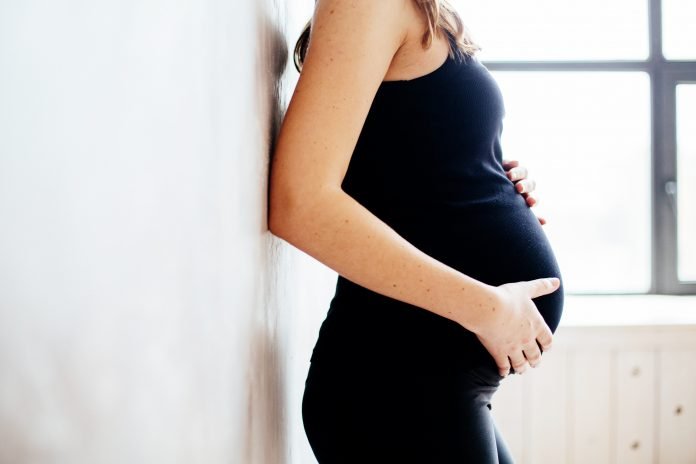Smoking during pregnancy is associated with a range of problems including an increased risk of stillbirth, sudden infant death syndrome, asthma, and obesity among offspring.
Although the proportion of women who smoke during pregnancy is said to have halved over the past 20 years, a substantial number continue to smoke while pregnant and tend to be harder to reach.
With previous research indicating that financial incentives can increase smoking cessation among pregnant women researchers of this new study published by The BMJ found that rewarding women with shopping vouchers (in addition to providing usual stop-smoking support) more than doubled the proportion who were still smoke-free later in the pregnancy compared with those who received the usual support only.
The researchers drew on data from a successful phase 2 feasibility trial in Glasgow, Scotland to assess whether financial incentives increase smoking cessation during pregnancy when used in combination with current UK stop-smoking services.
Their findings are based on 941 pregnant women (average age 28) recruited from seven stop-smoking services in Scotland, Northern Ireland, and England between January 2018 and April 2020.
Participants reported being smokers (at least one cigarette in the past week) at their first maternity visit, when they were, on average, 11 weeks into their pregnancy. Participants were then randomly assigned to either the intervention group (471) or the control group (470).
The control group was offered usual stop-smoking support, including counseling by specially trained workers and free nicotine replacement therapy.
The intervention group was offered usual support plus up to £400 ($440; €455) of high street shopping vouchers to incentivise setting a quit date and remaining abstinent throughout pregnancy.
Abstinence was reported by participants at four and 12 weeks and was verified by a carbon monoxide breath test.
A final voucher was given to those who reported still being smoke-free in late pregnancy (between 34 and 38 weeks gestation), verified by a saliva test.
A range of potentially influential factors including the mother’s age, years of smoking, income, use of nicotine replacement therapy and e-cigarettes, the timing of birth, and the baby’s birth weight were taken into account.
More women in the incentives group (71%) than in the control group (64%) engaged with the stop-smoking services and set a quit date. Saliva tests confirmed that 126 (27%) women in the intervention group had stopped smoking by late pregnancy compared with 58 (12%) controls.
However, abstinence rates measured six months after giving birth were low in both groups (6% in the intervention group vs 4% in controls), suggesting that most women who stopped smoking relapsed not long after their baby was born.
Overall, the birth weight of babies from 443 intervention participants and 450 controls showed no significant difference between groups (average 3.18 kg vs 3.13 kg).
The researchers did find a clinically important but not significant (10%) increase in birth weight among those who quit when offered incentives and would not have quit without that offer, but they say further analysis is needed to better understand the relevance of this finding.
The severity of preterm birth was similar between groups, and all serious adverse events, such as miscarriages and stillbirths, were unrelated to the intervention.
This was a well-designed trial, but the researchers acknowledge that only 23% of women screened by stop smoking services were enrolled in the trial, which could have overestimated quit rates in both groups. Furthermore, almost all participants were white, so the results may not apply to other groups.
Nevertheless, they say these results support implementation advocated in NICE guidelines by showing that adding financial incentives to current stop-smoking support for pregnant women is effective, does not disrupt current UK stop-smoking services, and can save costs to the NHS in the longer term.
Future research should look into what format and incentive level at what frequency achieves the most effective and cost-effective outcome, they write. Continuing incentives to 12 months after birth to prevent relapse are also being examined in an ongoing trial.
Financial incentives for sustained smoking abstinence in pregnancy are among the most cost-effective interventions in healthcare and a key opportunity to reduce health inequalities in early life, say researchers in a linked editorial.
However, they point out that partners of most pregnant women who smoke are also smokers, and say interventions “should also be targeted at family members who smoke, to create a smoke-free home for mother and child.” Smoking cessation support for pregnant women “should also continue beyond childbirth to improve the disappointingly low long-term abstinence rates,” they add.
“The medical community now has good evidence supporting effective tools, such as financial incentives, to reduce the health burden associated with tobacco smoking during pregnancy. These tools should be implemented wherever possible to protect and improve the health of women, their children, and their families,” they conclude.










